Over the past several years, the average amount of screen time use for children has obviously gone way up. A brand new study, which scanned the brains of 47 children between the ages of 3 and 5, found that the brain’s white matter is less developed in those who used screens (phones, tablets, etc) more than 1 hour a day. The white matter is the area of the brain responsible for development of language as well as development of cognitive skills. "This is the first study to document associations between higher screen use and lower measures of brain structure and skills in preschool-aged kids," said lead author Dr. John Hutton, a pediatrician and clinical researcher at Cincinnati Children's Hospital. "This is important because the brain is developing the most rapidly in the first five years," Hutton said. "That's when brains are very plastic and soaking up everything, forming these strong connections that last for life."
Another pediatrician (Dr. Jenny Radesky) notes that "these findings are fascinating but very, very preliminary…we know that early experiences shape brain growth, and media is one of these experiences. But it's important for parents to know that these results don't show that heavy media use causes brain damage.”
Hutton agrees. "It's not that the screen time damaged the white matter," he said, adding that what could be occurring is that screen time is too passive for brain development.”
It will be interesting to see what future studies shows regarding the effects of screen time and the development of young children. For now, it seems that it is best to limit screen time as much as possible, instead focusing on social interaction, problem solving, and imaginative play time whenever possible.









